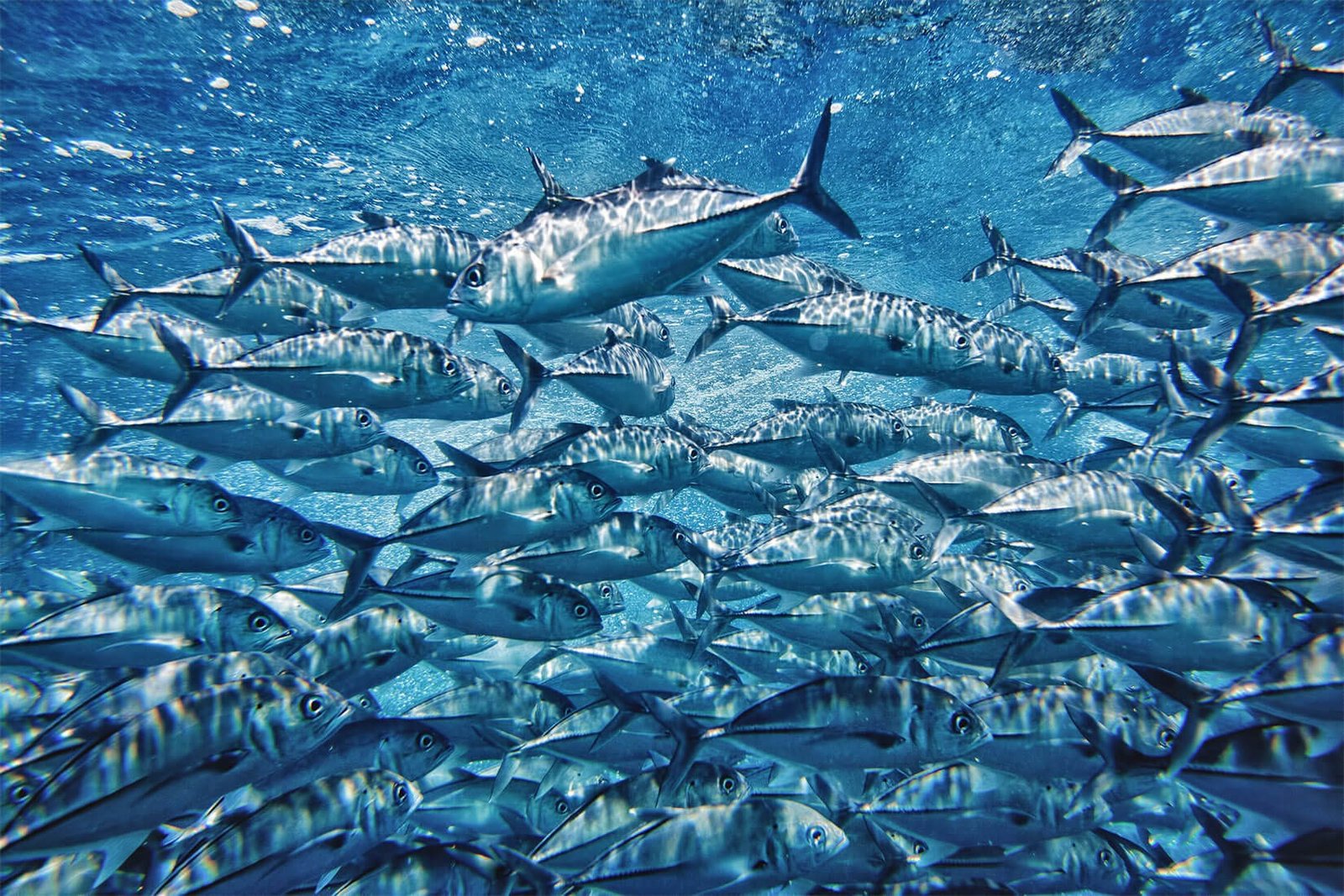Thursday, 29 January 2026

The initiative will help in focusing on attracting investments through investors meetings to foster partnerships with tuna-fishing nations and implementing training and capacity-building programs
The Department of Fisheries, under the Ministry of Fisheries, Animal Husbandry and Dairying has notified the Development of Tuna Cluster in the Andaman and Nicobar Islands under the Pradhan Mantri Matsya Sampada Yojana (PMMSY).Over the past decade, flagship initiatives like Pradhan Mantri Matsya Sampada Yojana (PMMSY), Fisheries and Aquaculture Infrastructure Development Fund (FIDF) and the Blue Revolution have proved themselves as transformative agenda with an unprecedented investment of Rs 38,572 crores since 2015 in terms of increasing its efforts on the adoption of production and processing fisheries cluster-based approach with an end-to-end value chain in fisheries and aquaculture.
The Andaman and Nicobar Islands offers huge potential for fisheries development, with around 6.0 lakh square km of Exclusive Economic Zone (EEZ) rich in under-exploited sea resources, particularly Tuna and Tuna like high valued species, estimated at 60,000 metric tons. Their proximity to Southeast Asian countries adds on to the geographical advantage in terms of efficient sea and air trade, while the pristine waters support sustainable fishing practices thus assisting in leveraging its marine resources for economic growth. The notification of the Andaman and Nicobar Islands as a tuna cluster is expected to generate economies of scale, increase incomes, and accelerate organized growth in fisheries across the country. The initiative will help in focusing on attracting investments through investors meetings to foster partnerships with tuna-fishing nations and implementing training and capacity-building programs, along with exposure visits for the stakeholders to promote reduce costs, promote innovation, and support sustainable practices. . Additionally, the initiative would result in development of infrastructure for fish landing, processing and export connectivity that is essential for streamlining operations and enhancing India’s global competitiveness in the sector.
The Department of Fisheries has also envisaged a roadmap to focus on cluster development across key areas, including Pearl, Seaweed, and Ornamental Fisheries; Reservoir Fisheries; Fishing Harbours; Saline Water Aquaculture; Cold Water Fisheries; Sea Cage Culture; Freshwater and Brackish-Water Fisheries; Deep Sea and Oceanic Fisheries; Organic Fisheries; Wetland Fisheries, and other areas tailored to specific sectoral and regional needs. The Department of Fisheries has already identified Hazaribagh District in Jharkhand for pearl culture, Madurai District in Tamil for ornamental fisheries and UT of Lakshadweep for seaweed.